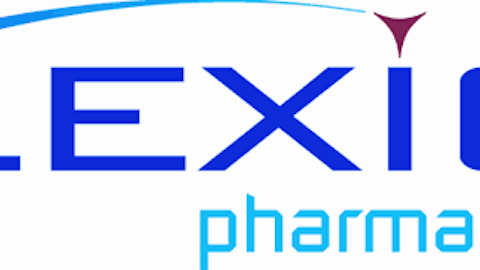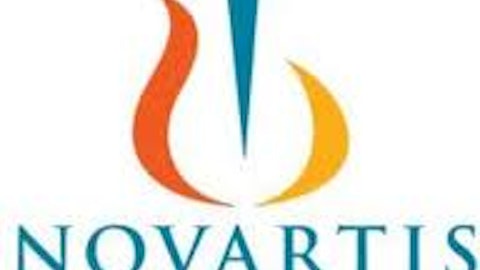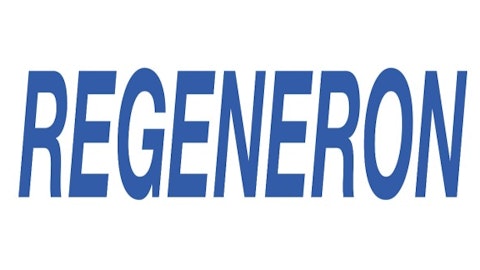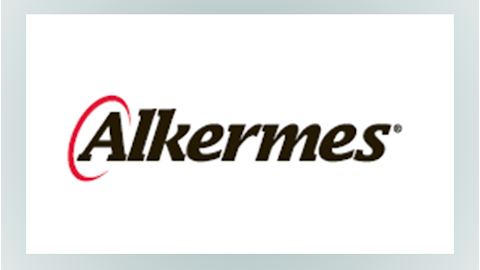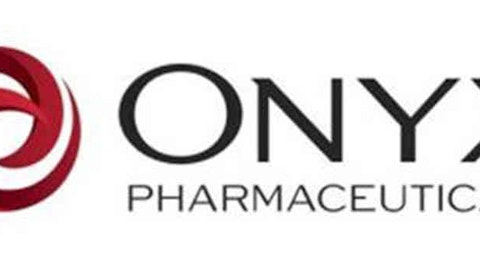The biotech industry is known for fast paced acquisitions and rapid market consolidation. Larger pharmaceutical companies headed towards patent cliffs often scramble to acquire smaller companies to revive their drying pipelines. Meanwhile, startups frequently go public without any market approved drugs or sources of revenue. Sometimes, large fish get swallowed by even larger ones, and these acquisitions can secure important sources of constant revenue growth for years to come.

Rare diseases, expensive drugs
Alexion Pharmaceuticals, Inc. (NASDAQ:ALXN) only marketed product is Soliris, a humanized monoclonal antibody that was the first approved treatment for PNH (paroxysmal nocturnal hemoglobinuria), a rare disease which creates abnormally formed red blood cells that are mistakenly targeted and destroyed by the body’s immune system, leading to a massive loss of red blood cells. The disease only affects one to two people in a million annually.
Soliris can also be used to treat aHUS (atypical hemolytic uremic syndrome), an extremely rare genetic disease which causes blood clots in small vessels throughout the circulatory system, often causing kidney failure, organ damage and death. This disease is even rarer than PNH, affecting 0.4 people per million.
The cost to care for a single patient with Soliris can cost more than $400,000 per year – giving it the distinction of being the world’s most expensive drug. The drug was approved for use in the U.S. and Europe in 2007. Soliris’ patent expires in May 2015, but Alexion Pharmaceuticals, Inc. (NASDAQ:ALXN) has supplementary protection certificates that protect the drug up to 2020.
Soliris does not cure PNH or aHUS, but can stop the body from breaking down abnormally developed red blood cells, which helps patients avoid anemia. By occupying these two niches, Alexion’s Soliris faces no competition whatsoever. It is also considered an orphan drug, due to the rarity of PHN or aHUS.
A strong second quarter
For its second quarter, Alexion Pharmaceuticals, Inc. (NASDAQ:ALXN) earned an adjusted $0.64 per share, up 56% from the prior year quarter and topping the consensus estimate by four cents. Revenue surged 35% year-on-year to $370.1 million, also higher than the $365 million that analysts had expected.
However, Alexion Pharmaceuticals, Inc. (NASDAQ:ALXN)’s operating expenses rose 22.7% to $174.5 million, due to a 12.8% increase in R&D expenses and a 29.2% gain in selling, general and administrative expenses. These expenses indicate that Alexion realizes that its dependence on Soliris can’t last forever.
Alexion is experimenting with using Soliris to treat other diseases, such as e. coli hemolytic uremic syndrome (a rare form of anemia and uremia), neuromyelitis optica (which affects the optic nerve and spinal cord) and myasthenia gravis (a rare autoimmune neuromuscular disease). Expanding into these markets could increase Soliris’ revenue substantially.
